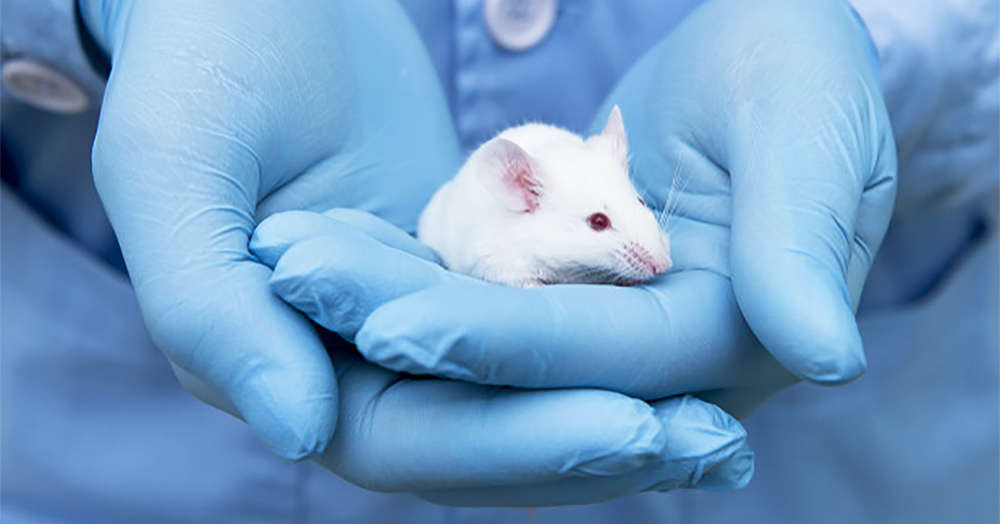An announcement came recently that the diagnoses of HIV in England have fallen by almost a third, leaving them at their lowest level since 2000.
Jo Churchill, the English Public Health Minister, cautiously praised the drop in diagnoses but promised not to fall into complacency as the government works towards the target of eradicating HIV transmissions by 2030.
This announcement comes shortly after the results of a study published in Nature Communications which appears to show that the Human Immunodeficiency Virus (HIV) can be effectively cured in mice.
The researchers, hailing from Temple University’s Lewis Katz School of Medicine and the University of Nebraska Medical Center were able to eliminate the virus in nine out of the 23 test subjects.
The mice who were HIV positive were given a “long-acting slow-effective release” drug, developed from fatty-acid-modified prodrugs that were synthesized “by esterification with myristic acid,” according to Nature Communications. These drugs worked in a similar way to the antiretroviral drugs currently given to people living with HIV: by suppressing the replication of the virus in HIV-Positive mice.
However, the researchers noted that this drug alone cannot cure HIV “no matter how successful the drugs may prove to be at restricting viral infection.” Co-author of the study Kamel Khalil explained to CNN that the researchers had developed a gene-editing tool in conjunction with LASER ART treatment to remove the remaining virus.
It took several years to confirm that the virus had been eradicated: the team basically had to examine every “nook and cranny” of the mice’s tissue, co-author Howard Gendelman explained. By the end of the process, 39 per cent of the mice were functionally cured. Although this is a promising development, Khalil warns that a full cure could still be a long way off.
“We’re landing on the moon,” Gendelman said. “It doesn’t mean you made it to Mars yet.”
The team of researchers will continue to recreate the study with primates, and the results should be publishable within a year if they are successful.
Although there is still plenty of work to do, this research represents a really positive step forward in the long road towards a cure.
© 2019 GCN (Gay Community News). All rights reserved.
Support GCN
GCN is a free, vital resource for Ireland’s LGBTQ+ community since 1988.
GCN is a trading name of National LGBT Federation CLG, a registered charity - Charity Number: 20034580.
GCN relies on the generous support of the community and allies to sustain the crucial work that we do. Producing GCN is costly, and, in an industry which has been hugely impacted by rising costs, we need your support to help sustain and grow this vital resource.
Supporting GCN for as little as €1.99 per month will help us continue our work as Ireland’s free, independent LGBTQ+ media.
